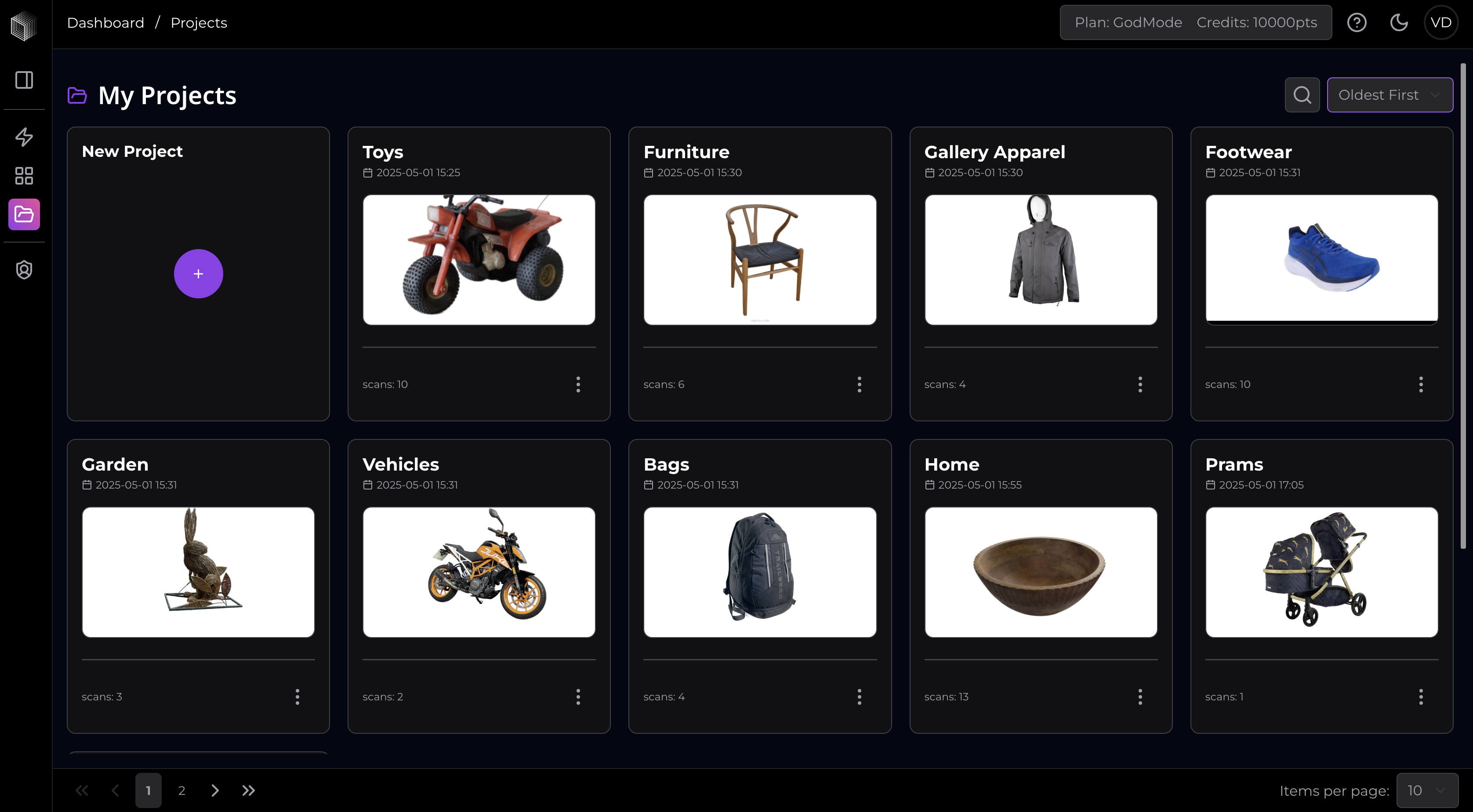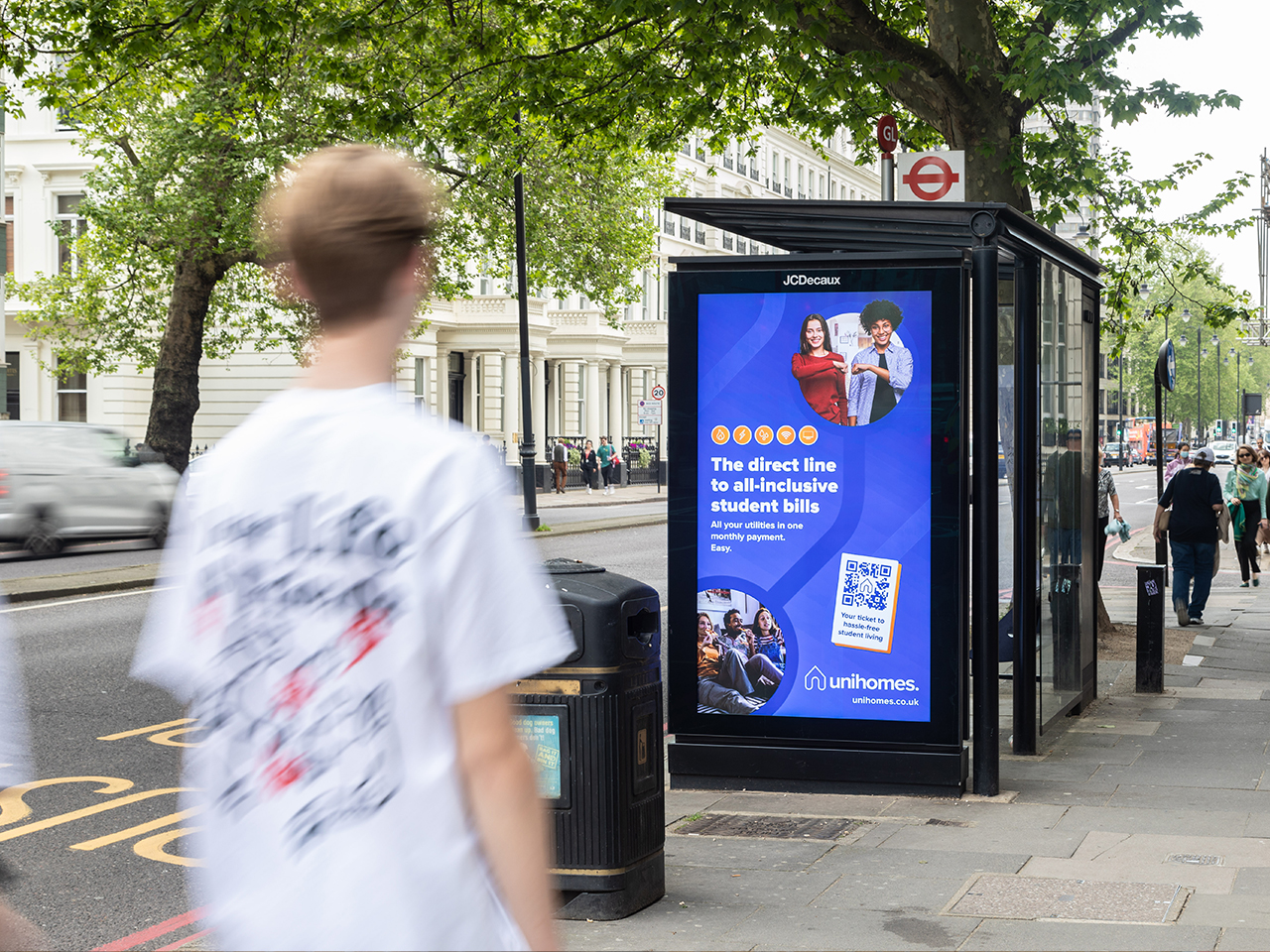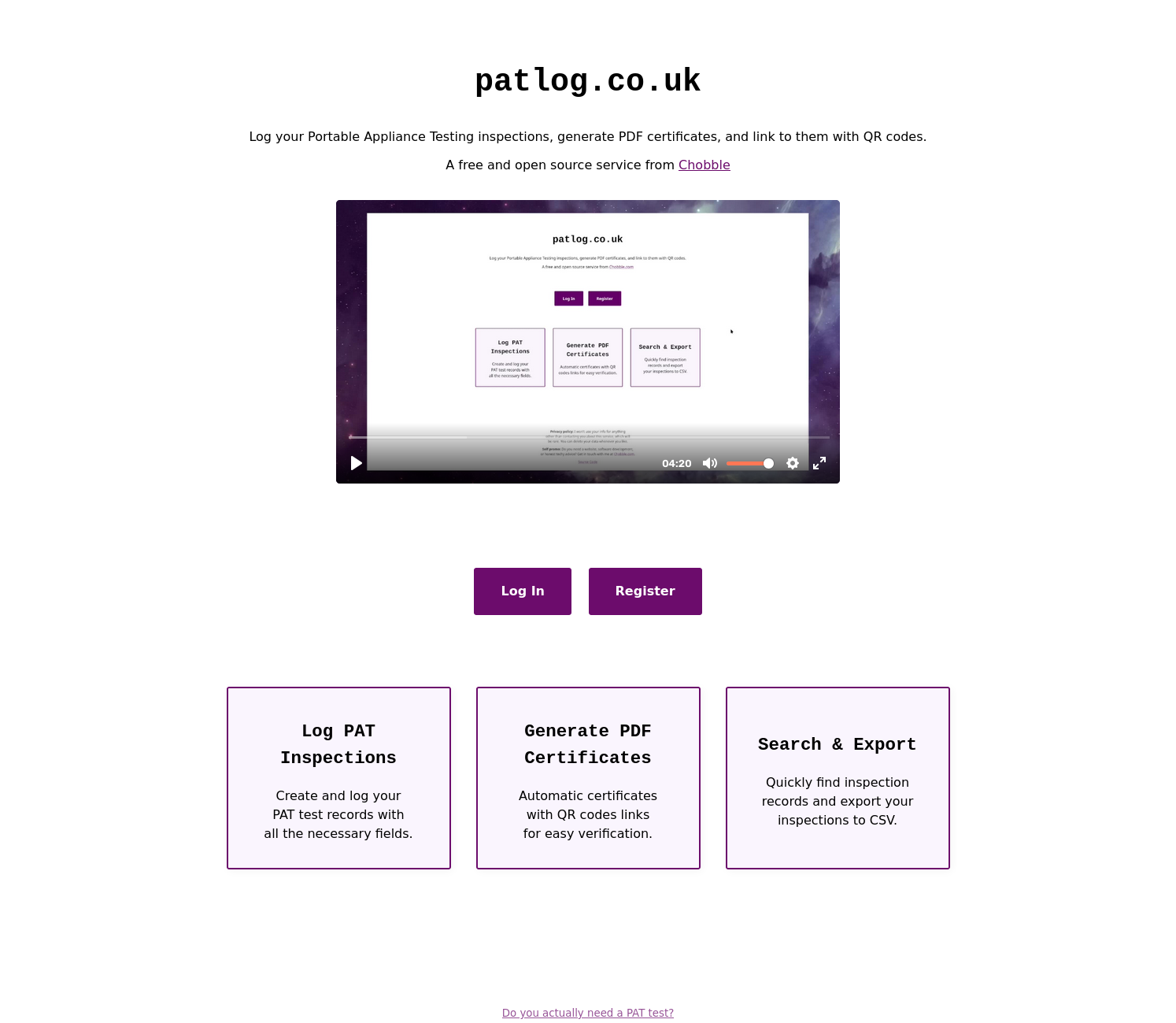Payment startup Stripe is launching in Australia, letting merchants in the country join the UK, Ireland, USA and Canada in taking payments using the service.
The company bills itself as a programming language for money, pitching itself to app and website developers on ease of use. It can be added to most services with just a few lines of code, and automatically supports features such as subscriptions, use of multiple currencies, and one-tap purchasing out of the box.
"Stripe’s mission is to grow internet commerce by providing everything an online business needs to accept payments," said John Collison, the company's co-founder and president, of the launch.
"We hope Stripe's powerful set of tools and APIs helps Australian businesses scale globally." At launch, Stripe's Australian pricing will be 1.75% + 30¢ for domestic transactions and 2.90% + 30¢ for international and American Express transactions.
Long exclusive to the USA and Canada, in August 2013, Stripe expanded to the UK and Ireland. Then, at the beginning of 2014, it began a stint of international expansion, opening up its platform to all currencies at the consumer end. In March 2014, Stripe also began taking bitcoin, although the service remains in beta at the moment.
But while the company was long tipped as a serious disrupting influence to huge companies such as Paypal, in the last year the scales have turned. The eBay-owned payments company, which had developed a nasty reputation for obstinate customer service and difficult developer tools, purchased a direct competitor to Stripe in the form of Braintree, and has picked up contracts from customers like Dropbox and Airbnb which ought to be a shoe-in for Stripe.
That prompted Silicon Valley publication Pando Daily to question whether "winning the hearts of Valley startups" was enough to win the war over payments.
"Clearly, sky-high valuations for unproven companies aren’t unheard of in the Valley. But there is a difference in valuing a Snapchat, an Instagram, or even a Spotify at huge premium with no basis on its financial performance. Those are huge potentially ad-backed consumer phenomenons that a company like Facebook could plug into its business and immediately monetize, as Google did with YouTube," wrote Carmel DeAmicis and Michael Carney. "Stripe is not."
Source: Guardian








